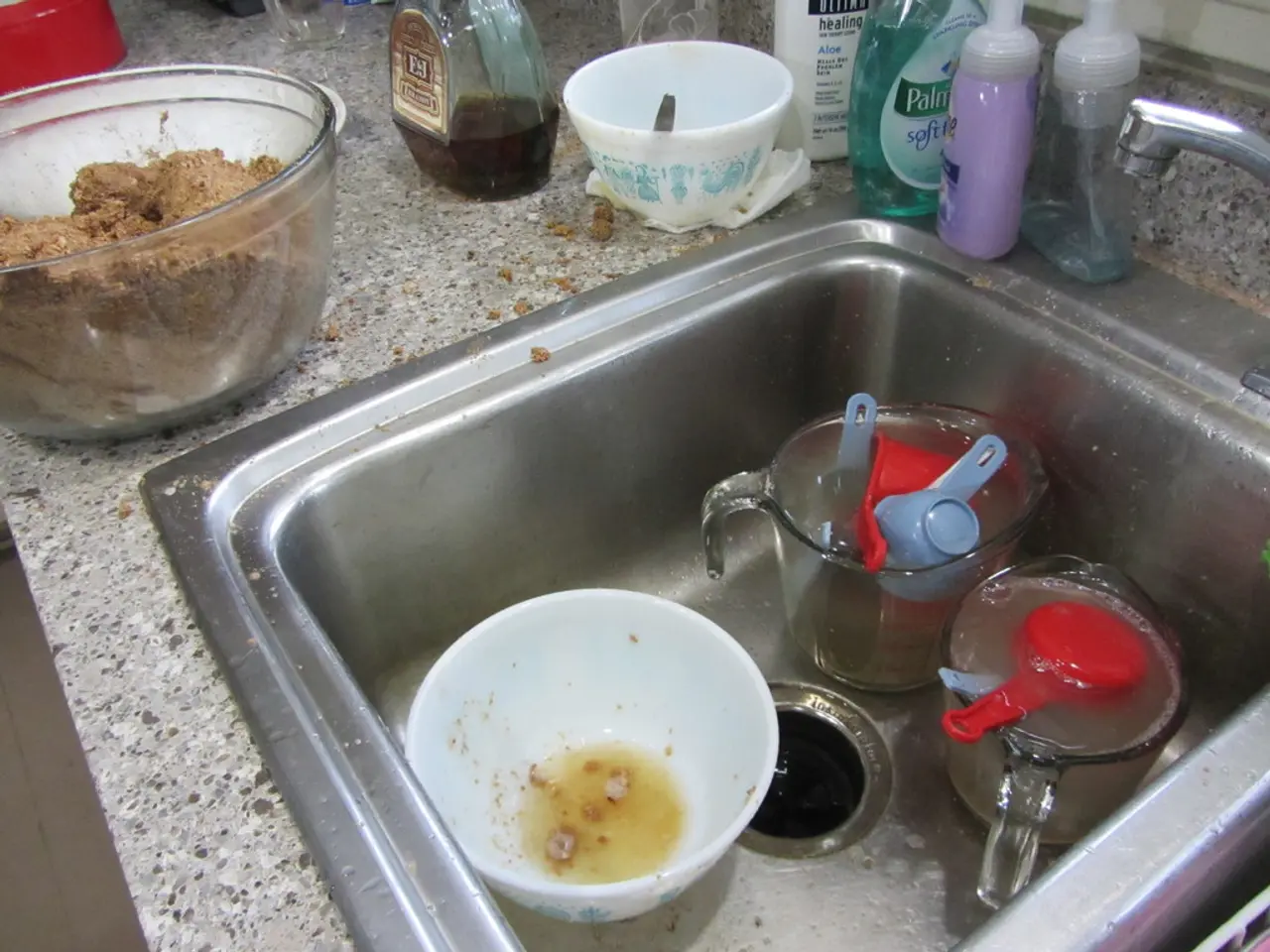MRSA Infections Surge: Serious, Contagious Bacteria Spreads in Hospitals and Communities
A rise in MRSA infections, caused by methicillin-resistant Staphylococcus aureus bacteria, has been reported. These infections can be serious and are highly contagious, spreading through direct contact with infected individuals or contaminated surfaces.
MRSA infections typically occur when there's a break in the skin, allowing bacteria to enter. They can cause a range of symptoms, from skin lesions and boils to severe infections like blood infections and pneumonia. Fever, rapid pulse, and severe pain disproportionate to skin findings may indicate a serious infection requiring urgent medical attention.
Risk factors include recent hospitalization, hemodialysis, a weakened immune system, living in a nursing home, and sharing personal items. MRSA infections are classified as either hospital-acquired (HA-MRSA) or community-acquired (CA-MRSA), with HA-MRSA causing more severe infections and CA-MRSA usually limited to skin infections. Diagnosis involves assessing medical history, physical examination, and lab tests such as wound cultures.
MRSA infections can be serious but are treatable with specific antibiotics. To prevent spread, maintain good hygiene, avoid sharing personal items, and seek immediate medical attention if symptoms appear. Early diagnosis and treatment are crucial to prevent severe complications.




